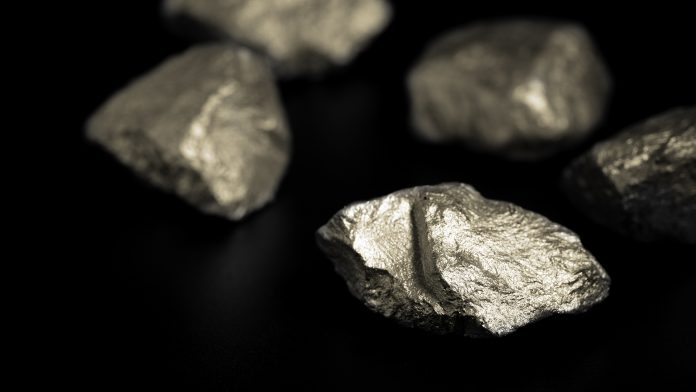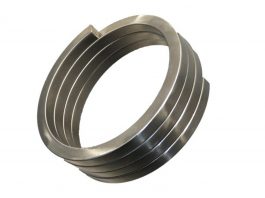A tiny bacterium, which weighs one-trillionth of a gram, may soon have an influence on environmentally friendly rare earth processing.
Cornell University scientists have shown that genetically engineered bacteria could improve rare earth processing and have the potential to boost global economic supply chains.
The bacterium, Vibrio natriegens, offers a sustainable method called biosorption to purify the elements found in smartphones, computers, EVs, and wind turbines. The new method extracts rare earths without using pollutant-heavy methods.
The research, ‘Multiple Rounds of In Vivo Random Mutagenesis and Selection in Vibrio Natriegens Result in Substantial Increases in REE Binding Capacity,’ is published in the American Chemical Society Journal.
Current difficulty in processing rare earths
Rare earth elements have a vital role in society, being used in computers and smartphones. As well as this, they are crucial for the transition to clean energy, being used in renewables and batteries.
In early 2021, the White House ordered an assessment that found an over-reliance on foreign sources and adversarial nations processing rare earths. This reliance threatens national and economic security.
Buz Barstow, corresponding author of the study and Assistant Professor of Biological and Environmental Engineering at Cornell, said: “Traditional thermochemical methods for separating lanthanides are environmentally horrible.
“It’s difficult to refine these elements. That’s why we send rare earth elements offshore – generally to China – to process them.”
Rare earth processing via bacterium genetic engineering
Led by doctoral students Sean Medin and Anastacia Dressel, the researchers genetically engineered a strain of Vibrio natriegens to increase its ability to biosorb or extract the rare earths.
The genome of Vibrio natriegens was changed with a plasmid called MP6 – introducing errors. The genetically engineered bacterium was then screened for increased biosorption of rare earths.
“Given the ease of finding significant biosorption mutants, these results highlight just how many genes likely contribute to biosorption,” Barstow said, “as well as the power of random mutagenesis in identifying genes of interest and optimising a biological system for a task.”
New way for the domestic rare earth extraction
Bacterial tools like Vibrio natriegens offer a way to bring rare earth processing back to the US. For example, biological processing could bring domestic productivity back to the Mountain Pass rare earth element mine in California.
“This new work gives us a shot to leapfrog thermochemical methods,” Barstow said. “We can engineer this and other bacterium and because we don’t need to purify proteins, we can operate this kind of system much more cheaply than competing biological processes.”
The US no longer has expertise in thermochemical processing methods, so now the country is left with competing green methods.
Bastow concluded: “Even if we wanted to old thermochemical methods, we probably couldn’t. We no longer know how to do it.
“We are being forced to innovate our way out of this problem.”









